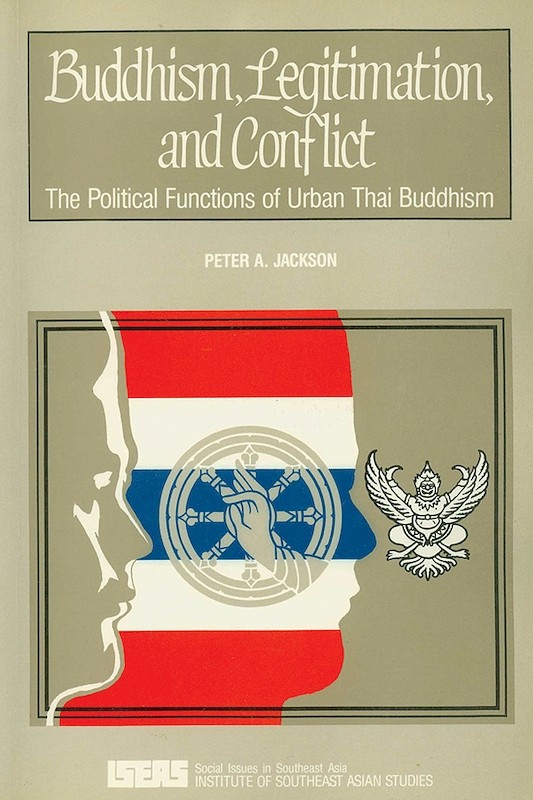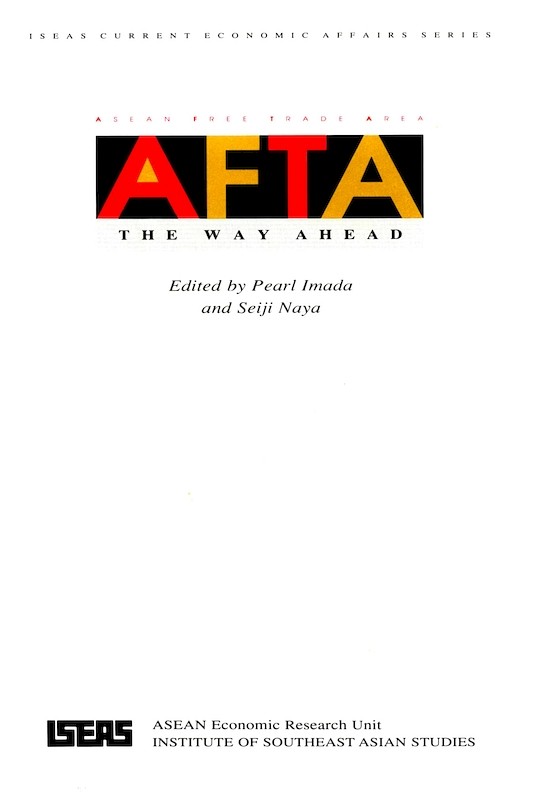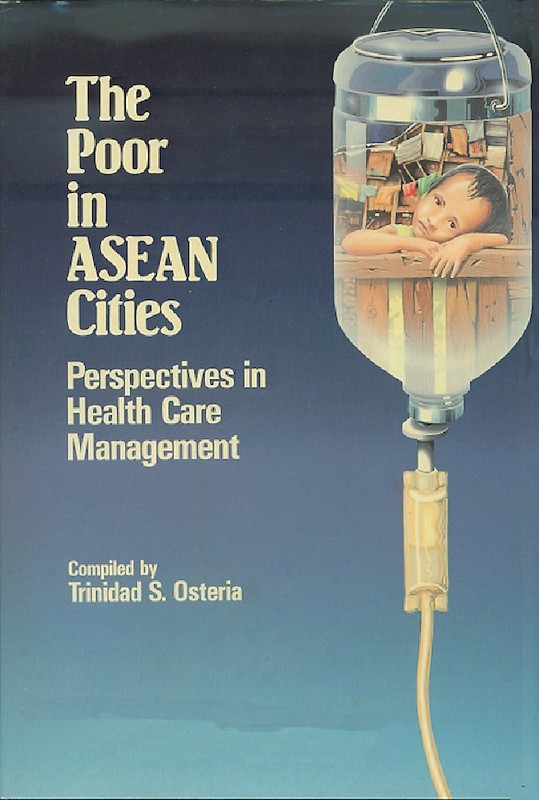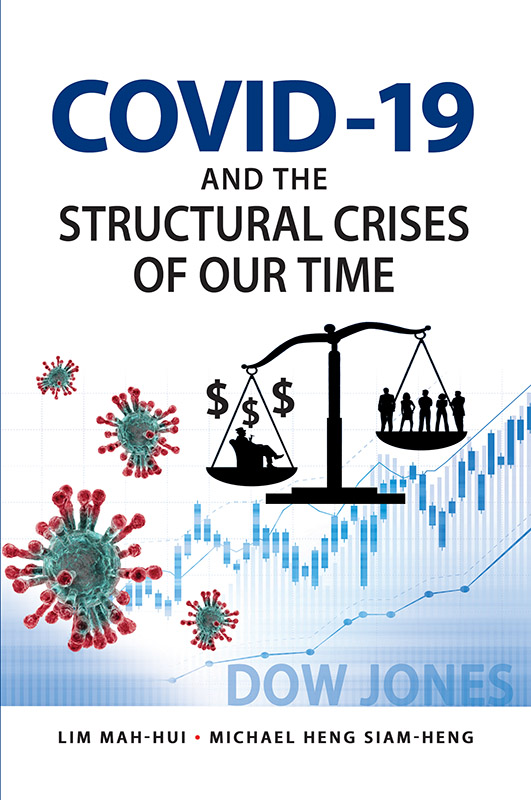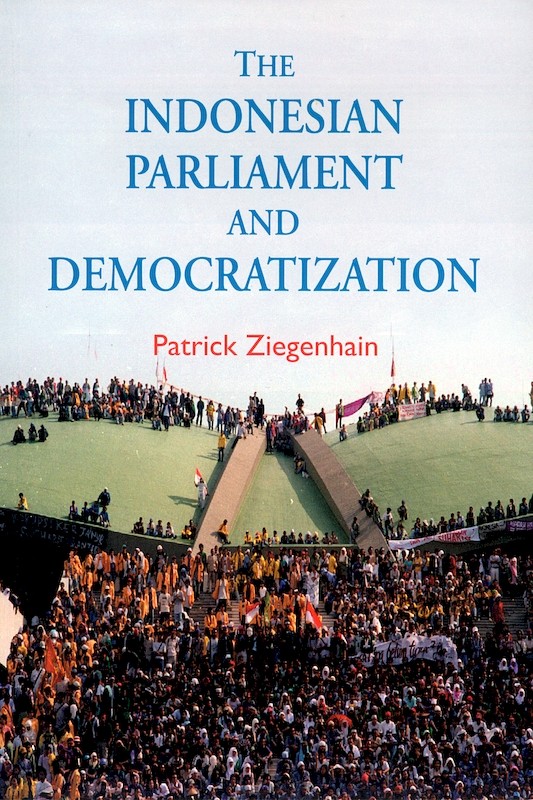Parliaments and Political Change in Asia
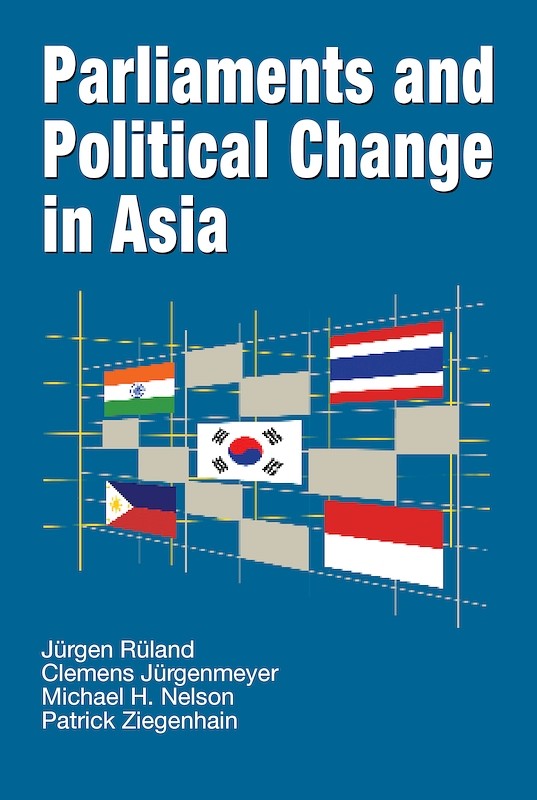
Date of publication:
2005
Number of pages:
324
Code:
BM266
About the publication
This study of the national parliaments of India, Indonesia, the Philippines, South Korea, and Thailand is inspired by four major theoretical discourses: neo-institutionalism, parliamentarianism versus presidentialism, majoritarian versus consensus democracy, and transition theory. The book examines the specific role of parliaments in political decision-making, regime change, democratization, and consolidation of democracy in a comparative perspective. It argues that parliaments play a greater part in the political decision-making than is often asserted and that there is no cogent causal relationship between parliamentary performance and system of government.
Contents
-
Parliaments and Political Change in Asia
-
Preliminary pages
-
Chapter One:Introduction
-
Chapter Two:Historical Background
-
Chapter Three:Parliaments and Regime Change
-
Chapter Four:Parliaments and Constitutions
-
Chapter Five:Parliaments and Elections
-
Chapter Six:Parliaments and Political Parties
-
Chapter Seven:Parliamentary Inclusiveness: The Social Profile
-
Chapter Eight:The Internal Structure of Parliaments
-
Chapter Nine:Parliamentary Functions
-
Chapter Ten:Conclusion: Reputation, Reform, and the Future of Parliaments
-
References
-
Index


